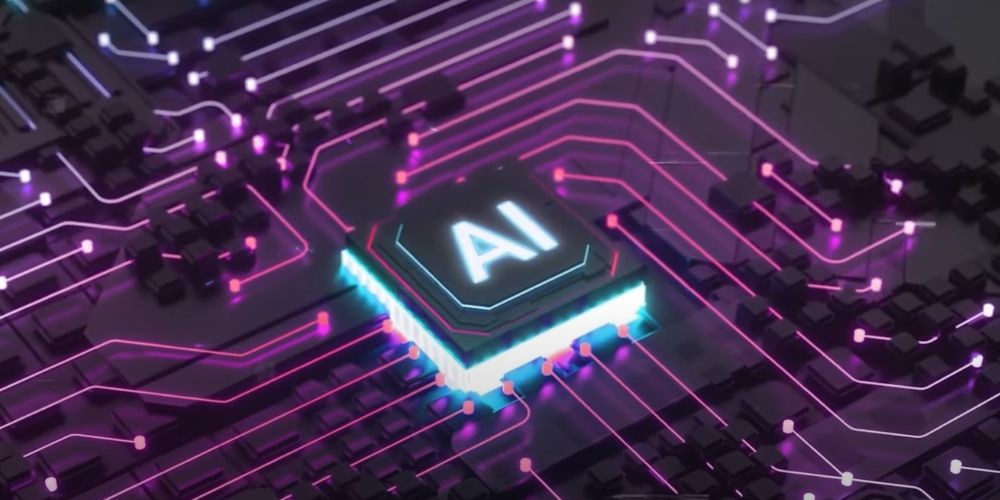Google Fires Up AI Development with New Open Source Offerings
- Apr 09, 2024
- 13

In a refreshing shift from its previously closed-door approach, Google has flipped the script this year at its Cloud Next conference, a critical gathering for developers from around the globe. Historically a showcase for proprietary products guarded by tight API restrictions, this iteration presented a markedly different narrative: the embrace of open-source to bolster generative AI projects. This strategic pivot not only highlights Google's commitment to fostering innovation in the tech community but also signals a broader ambition to expand its ecosystem's influence.
Leading the charge in this open-source crusade is MaxDiffusion, silently debuted earlier in the year, serving as a testament to Google’s dedication to transparency and collaboration. MaxDiffusion is essentially a treasure trove of diffusion model references, including the likes of Stable Diffusion, optimized for XLA devices like Google's TPUs and the latest Nvidia GPUs. This initiative allows developers unprecedented access to tools once reserved for a select few, democratizing the development landscape and ensuring a more equitable distribution of resources.
Hot on the heels of MaxDiffusion is JetStream, an innovative engine poised to revolutionize the way text-generating AI models operate, albeit currently tethered to TPUs alone. Google boldly claims that JetStream has 3x better performance per dollar, and this offering can greatly lower the barriers for developers looking to incorporate advanced artificial intelligence features into their projects. This claim, as ambitious as it may seem, underscores Google's confidence in its ability to streamline and economize AI model deployment.
Further enriching Google’s open-source repertoire are new additions to MaxText, an aggregated selection of text-generating models optimized for both TPUs and Nvidia GPUs. This expansion not only broadens the toolkit available to developers but also reinforces Google's commitment to power efficiency and cost-effectiveness. By forging strategic partnerships and pushing the envelope in hardware optimization, Google is effectively setting a new standard for sustainable AI development.
In conclusion, Google’s strategic pivot towards open-source tools signifies a watershed moment for the generative AI development community. By opening the doors to once-exclusive technologies and prioritizing cost efficiency and accessibility, Google is not just championing the spirit of innovation but also cultivating a more inclusive ecosystem. As developers worldwide leverage these newfound resources, the tech landscape is poised for a wave of groundbreaking advancements, affirming Google's pivotal role in shaping the future of AI.
